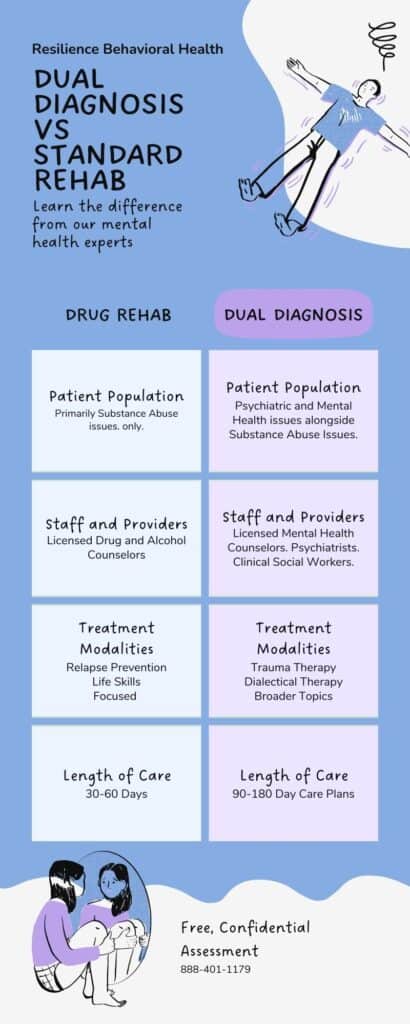The Benefits of Integrated Treatment at Massachusetts Dual Diagnosis Centers
When it comes to addressing the complex interplay of mental health and substance use disorders, a Dual Diagnosis Treatment Center in Massachusetts stands out for its commitment to integrated treatment.
This approach, which seamlessly combines mental health and substance use interventions, offers a range of benefits that contribute to more effective and comprehensive care. In this article, we will discuss the benefits these treatment centers offer.
Benefits Of Dual Diagnosis Treatment Center Massachusetts
Holistic Understanding of Co-occurring Disorders
Integrated treatment at Massachusetts Dual Diagnosis Centers begins with a holistic understanding of co-occurring disorders. By recognizing the interconnected nature of mental health and substance use challenges, professionals can tailor interventions that address the root causes, promoting a more sustainable and lasting recovery.
Coordinated Care for Better Outcomes
Coordinated care emphasizes coordinated care among a multidisciplinary team of mental health and substance use specialists. This collaborative approach ensures that individuals receive comprehensive and cohesive care, reducing the risk of fragmented treatment and enhancing overall treatment outcomes.
Reduced Stigma and Improved Engagement
Furthermore, it contributes to the reduction of stigma surrounding mental health and substance use disorders. Individuals are less likely to encounter the separation of “mental health” and “substance use” categories if they are addressed within a unified framework. This fosters an environment of understanding and improves engagement with the treatment process.
Enhanced Continuity of Care Through Transition Points
Integrated treatment promotes a more seamless transition between stages of care. Hence reducing the disruptions in treatment and supporting individuals as they progress through their recovery journey.
Improved Long-Term Outcomes and Relapse Prevention
About 40-60% of individuals relapse after receiving addiction treatment, bringing them back to square one. Therefore, it is especially crucial to consider steps to prevent relapse.
Studies have shown that integrated treatment leads to improved long-term outcomes and a reduced risk of relapse. By addressing both mental health and substance use components comprehensively, individuals are better equipped to manage ongoing challenges and maintain their recovery over time.

Final Words
In conclusion, the benefits of integrated treatment at Dual Diagnosis Centers in Massachusetts extend far beyond the conventional approaches. This holistic and collaborative model addresses the immediate symptoms.
Additionally, it lays the groundwork for a sustained and resilient recovery journey for individuals facing the complexities of co-occurring disorders. Interested in seeking more information? Contact Resilience Behavioral Health Centers at 888.534.7170 today!

